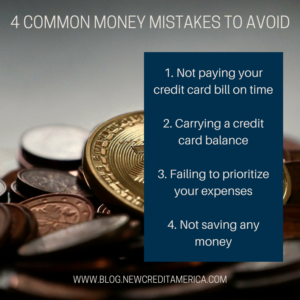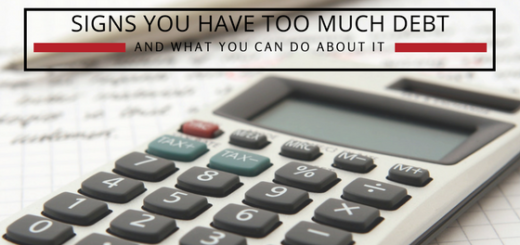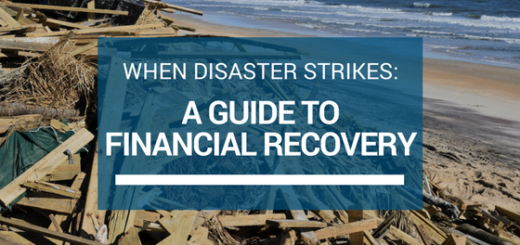Four Seemingly Harmless Money Mistakes You Should Avoid
 Flawlessly managing your personal finances is not an easy task and requires a big dose of trial and error. It takes most people years to adopt truly effective and beneficial financial habits, and even the best money managers will admit to mistakes here and there. If you feel like your financial situation isn’t the best or you’ve struggled to make ends meet, you’re not alone. Making small (or huge) mistakes with money is common, and thankfully, not permanent. No matter where you are in your financial journey, it’s not too late to fix your mistakes, start over and get back on your feet. If left unchecked, these four small mistakes may end up having big consequences.
Flawlessly managing your personal finances is not an easy task and requires a big dose of trial and error. It takes most people years to adopt truly effective and beneficial financial habits, and even the best money managers will admit to mistakes here and there. If you feel like your financial situation isn’t the best or you’ve struggled to make ends meet, you’re not alone. Making small (or huge) mistakes with money is common, and thankfully, not permanent. No matter where you are in your financial journey, it’s not too late to fix your mistakes, start over and get back on your feet. If left unchecked, these four small mistakes may end up having big consequences.
Not paying your credit card on time
You’re a few days late making your credit card payment. What’s the big deal? It’s just one day, right? Wrong! Even being a little late can reflect negatively on your payment history—the biggest determining factor of your credit score. Skipping a payment or making a late payment might seem like a small mistake, but if you do it habitually your credit score will suffer as a result. The more your credit score drops, the harder it will be to borrow money or get approved for a low interest credit card. A late payment will also trigger late fees and higher interest rates.
Instead, set as many reminders as necessary to make these payments on time. Try to keep your balances low so you won’t be tempted to put off the payment for another month. Your future self will thank you!
Carrying a credit card balance
Paying small amounts of your bill each month may seem like you’re doing your budget a favor. Spending less means having more money leftover each month. Unfortunately, it’s not that simple. Carrying even a small balance on your credit card can negatively impact your credit score. It also means that you’re now contending with your credit card’s interest rate. If you keep your balances low enough to pay off, you won’t have to pay interest which is better for both your budget and credit profile in the long run.
Not prioritizing your expenses
You have a credit card bill you can’t seem to pay off, but you have your eyes set on the newest iPhone. Or, you can choose to save an extra $100 in case of an emergency or buy concert tickets. We’ve all dealt with temptations like this at some point in time. And sometimes (only when you can afford it) it is ok to splurge! But, having priorities is crucial. A splurge here and there might not cripple your finances, but if you’re spending $5 every day on coffee, that’s more than $1000 you could have used to pay down debts or contribute to savings. Think about your expenses, tally up what you’re spending each month and look for patterns. Are you overspending in one area? Look for ways to cut back and readjust your habits to better align with your long term financial goals.
Not saving any money
Having a budget is a great step toward financial health. Knowing how much money you can spend after you’ve paid your bills is very prudent. However, if you’re spending everything available to you month after month you’re not saving anything. This may seem harmless if you’ve already paid your bills. But, what will happen if you encounter an unexpected expense? Can you cover a $500 car repair or $1000 medical bill? Operating without a savings account is like walking a tightrope without a net. What happens if there’s a big gust of wind? Having money to cover an emergency can be a lifesaver. It will help you avoid maxing out credit cards, skipping your bills or needing to borrow money. Even if money is tight, look at your budget to see if there are areas where you can contribute even a few dollars to your savings account or emergency fund.


